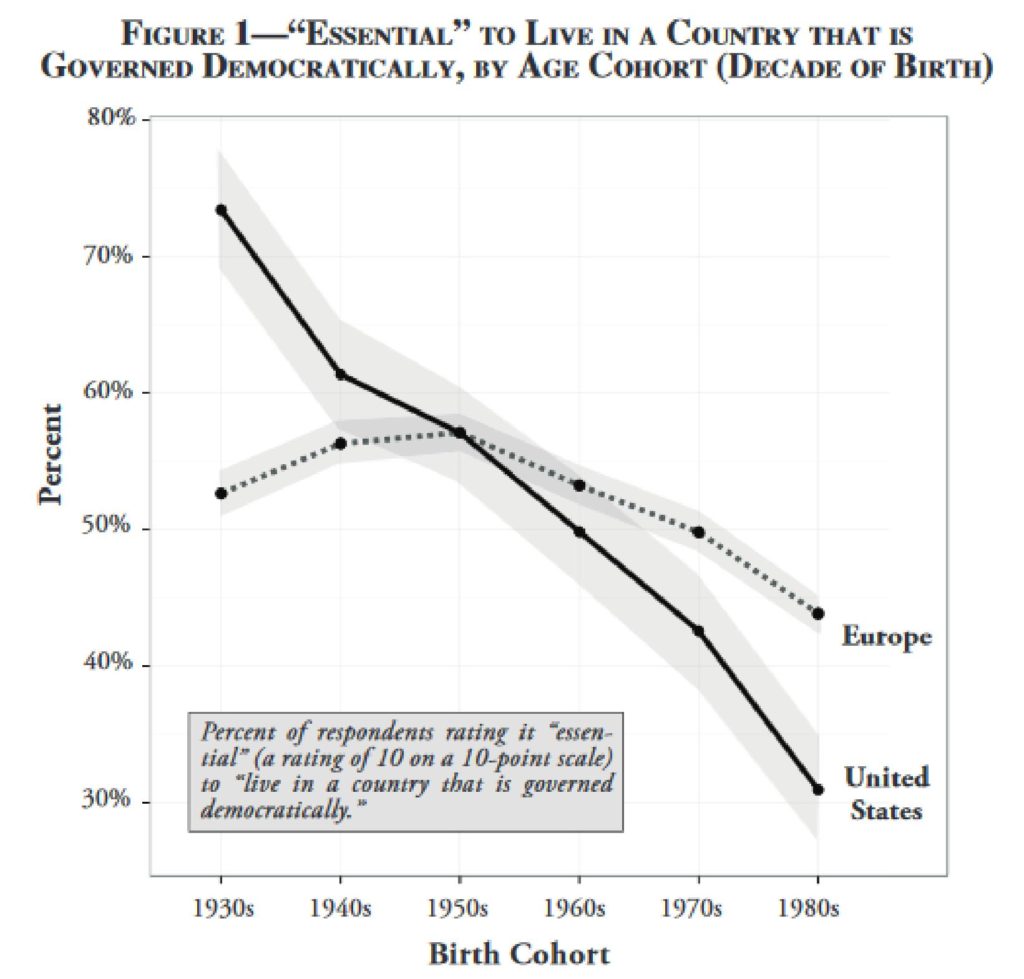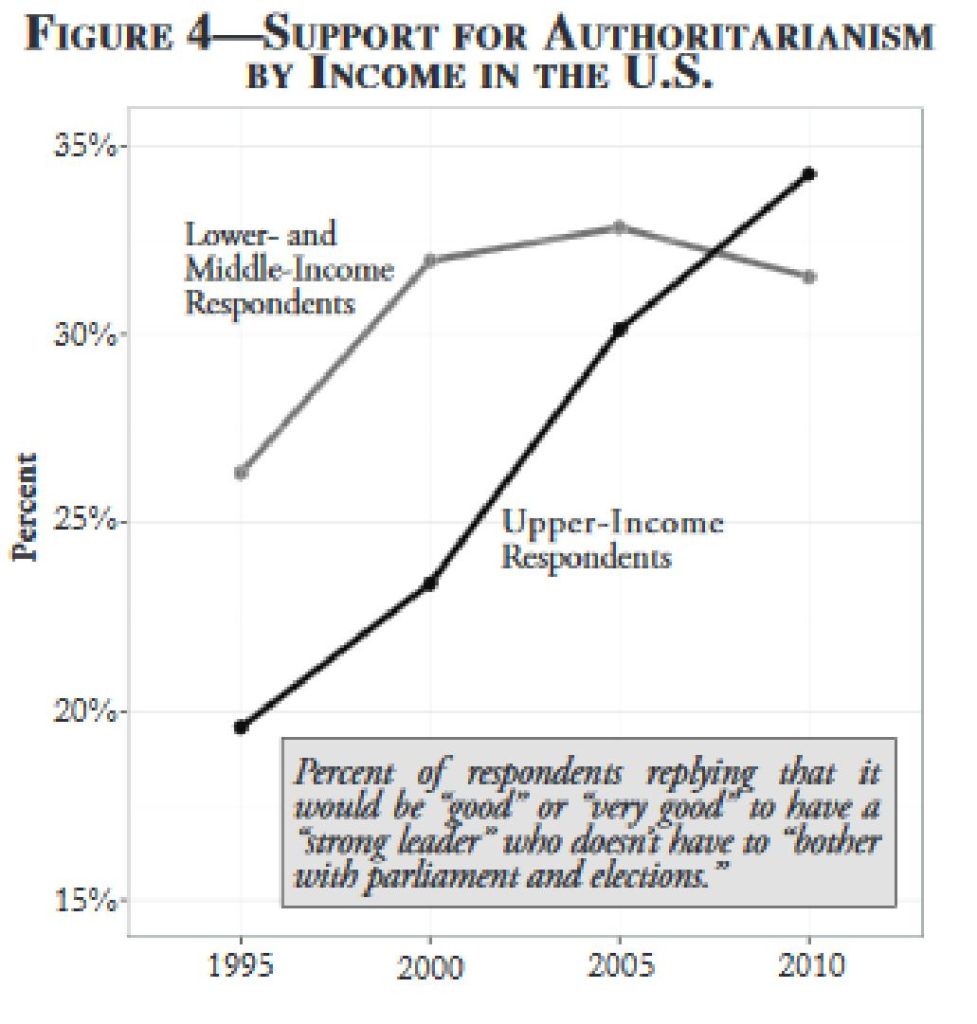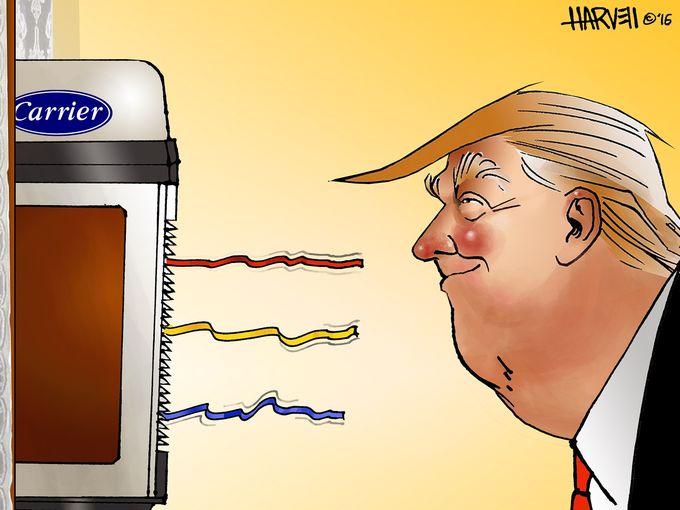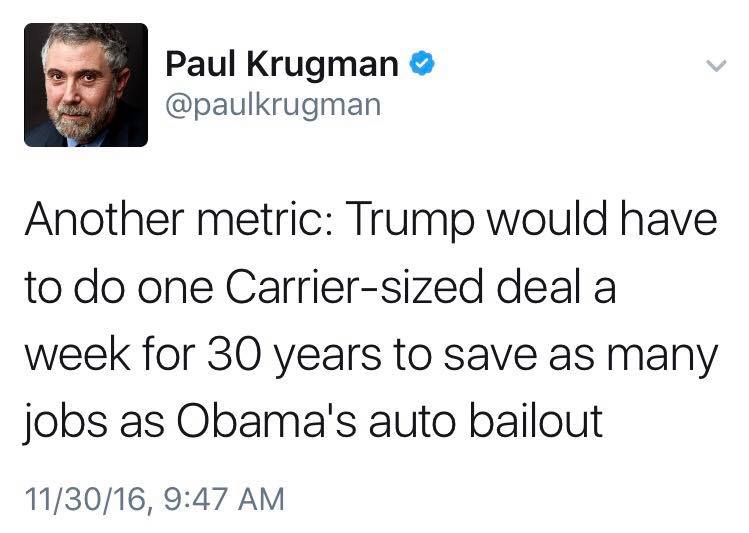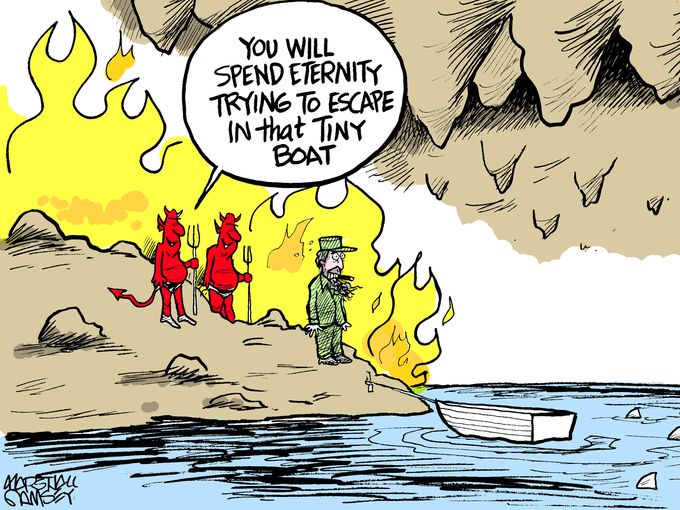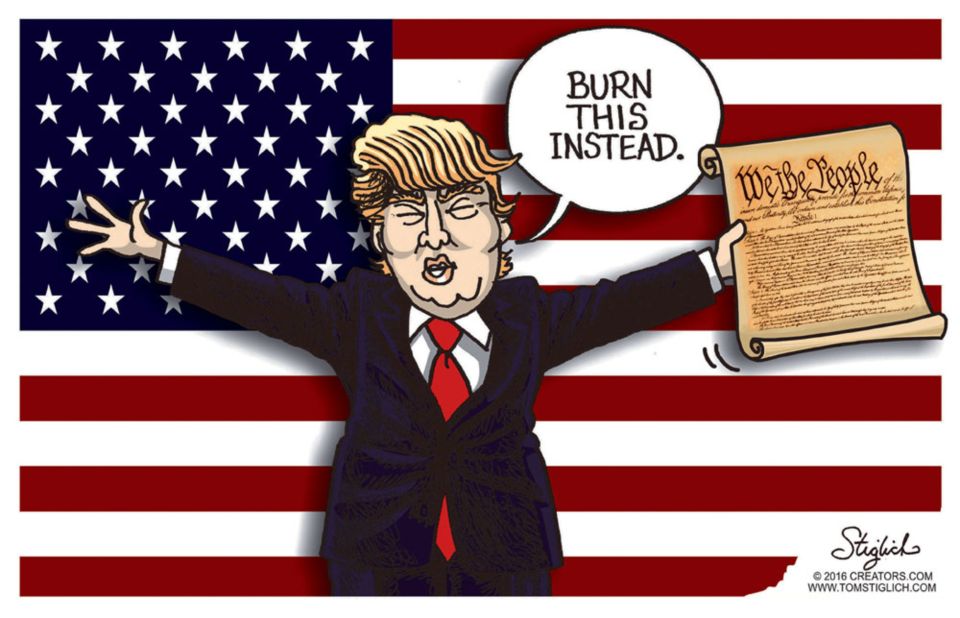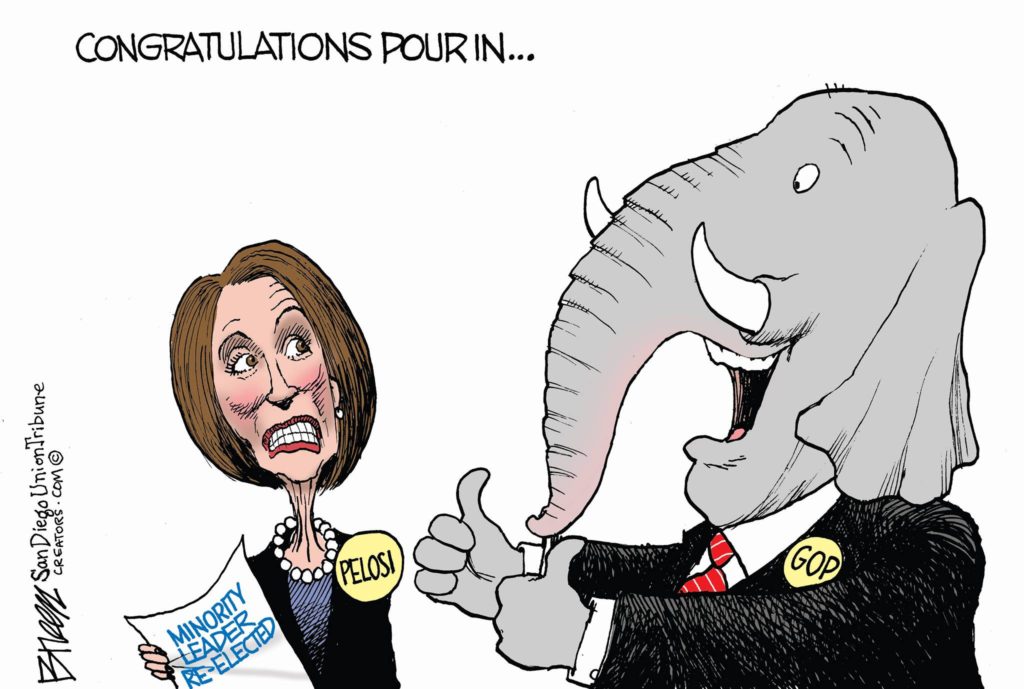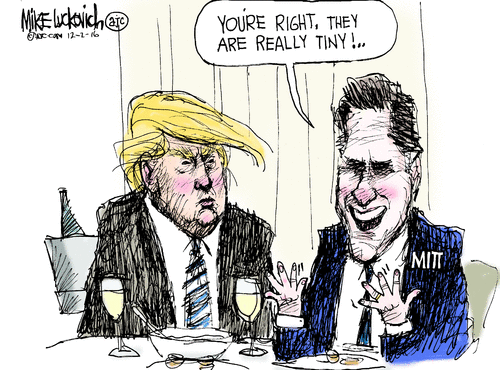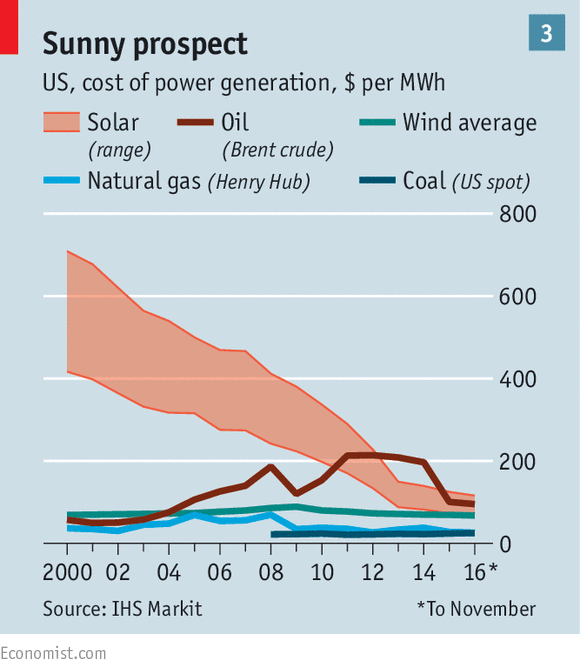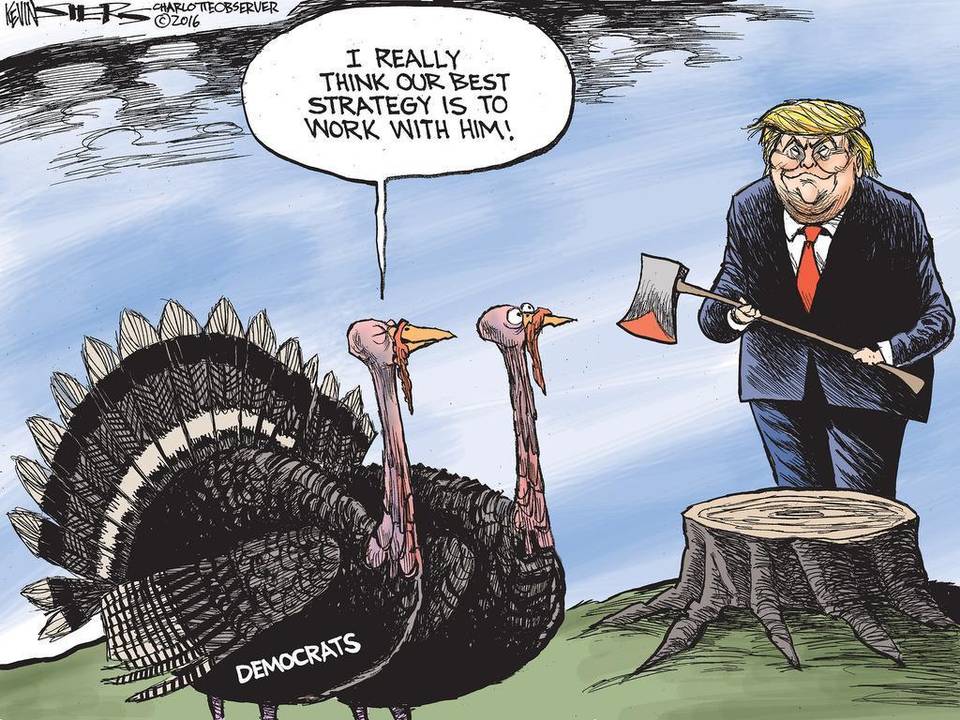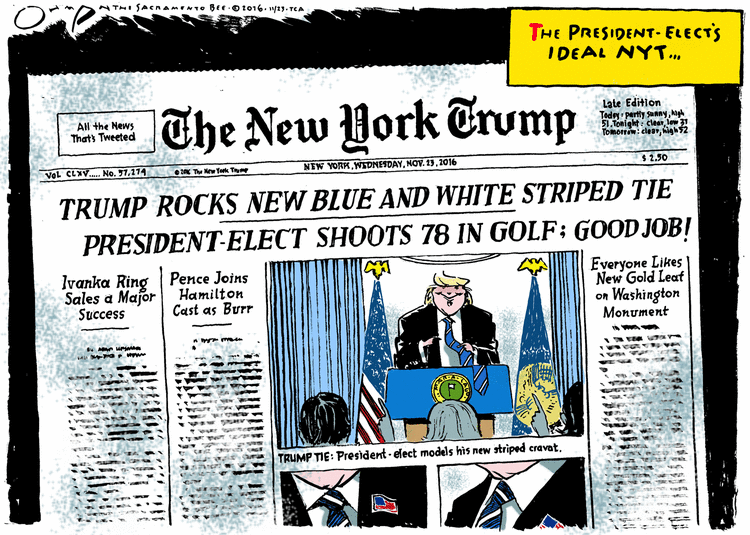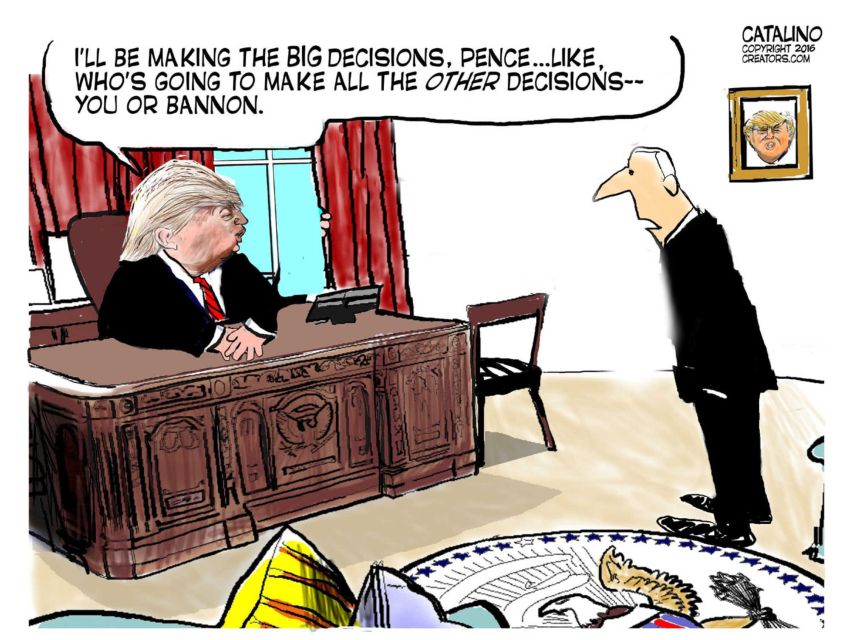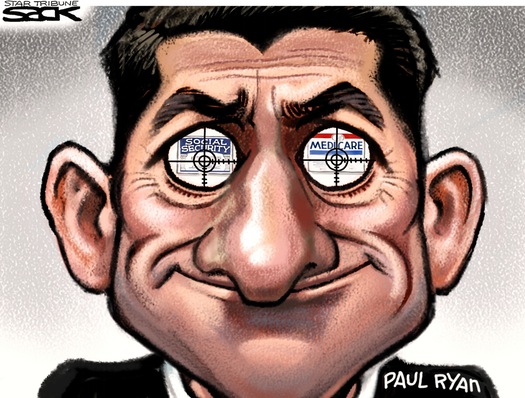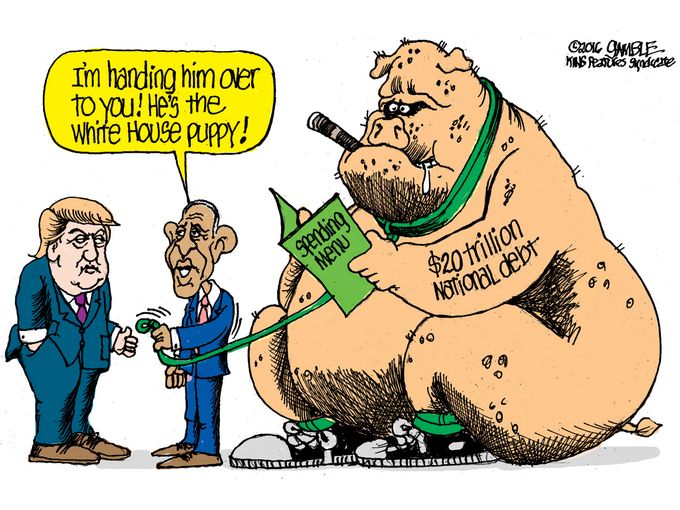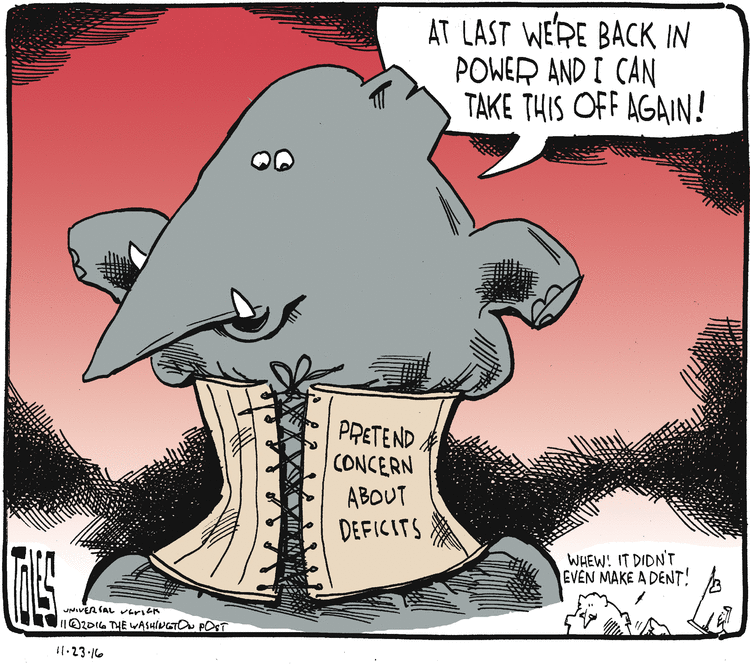The new OPEC deal to cut oil output, the Cartel’s first since 2008, gives OPEC what it wanted: higher oil prices. It was difficult for the Cartel to achieve an agreement. Russia, a major oil producer that isn’t even a member of OPEC, brokered a deal between Saudi Arabia and Iran. From Oil Price:
The interventions ahead of Wednesday’s OPEC meeting came…from Putin, Saudi Deputy Crown Prince Mohammed bin Salman and Iran’s Supreme Leader Ayatollah Ali Khamenei and President Hassan Rouhani…According to Reuters, Putin’s role as intermediary between Riyadh and Tehran was pivotal, and is a “testament to the rising influence of Russia in the Middle East since its military intervention in the Syrian civil war just over a year ago.”
Prior OPEC meetings failed to deliver consensus, because nobody wanted to cut production. Tehran argued OPEC should not prevent it from restoring the output lost by years of Western sanctions, but the Saudis wouldn’t agree. The animosity between them didn’t help: Proxy wars in Syria and Yemen have exacerbated decades of tension between the Saudi Sunni kingdom and the Iranian Shi’ite Islamic republic.
The brokering started when Putin met Saudi’s Prince Mohammed on the sidelines of the G20 meeting in China. Both felt they could benefit from cooperating to push oil prices higher, and agreed to work together to cut excess production that had more than halved oil prices since 2014. Lower prices had created large budget deficits for both Russia and Saudi Arabia.
Financial pain made cooperation possible, despite the huge political differences between Russia and Saudi Arabia over the civil war in Syria. But Iran also had to agree. Prince Mohammed had repeatedly demanded that Iran participate in any production cuts. Saudi and Iranian OPEC negotiators had debated the point without compromise for months.
Putin stepped in: He established that the Saudis would shoulder the lion’s share of cuts, as long as Riyadh wasn’t seen as making concessions to Iran. A deal was possible if Iran didn’t celebrate a victory over the Saudis.
Reuters reports that a phone call between Putin and Iranian President Rouhani smoothed the way. After the call, Rouhani and oil minister Bijan Zanganeh went to Iran’s supreme leader for approval. During the meeting, leader Khamenei approved the deal. He also agreed that Iran wouldn’t take a victory lap once the deal was announced.
And so the deal got done. OPEC is trimming output by 1.2m barrels per day (bpd) starting January 1st.
The deal is contingent on securing the agreement of non-OPEC producers to lower production by 600,000m barrels per day. Russia says it will contribute half of that, 300,000 bpd. Iran was allowed to slightly boost its output, while Iraq slightly lowered theirs.
We’ll see if the deal holds, and/or, who cheats.
Pundits like to chalk up winners and losers in this type of deal. Since OPEC now accounts for less than half of all energy output in the world, it is a weakened cartel, dependent on the kindness of outsiders (like Russia) to hold together.
Saudi Arabia looks like the biggest loser. First, it cut production by 500,000 bpd. Second, it has presided over a momentous shift in global power, one that is as stunning as Brexit or Trump’s victory.
Saudi’s capitulation to Russia and Iran ends OPEC’s domination of the world’s energy market. The Saudis also made the US shale oil market more powerful in the global energy market, since US shale will produce more oil whenever oil prices are high. However, Saudi oil remains far cheaper to produce than American shale oil, since it requires far less energy to extract and refine.
Russia emerged as the biggest winner. Its economy did not buckle under the Saudi effort to drive oil prices down via increased production. Putin is now the indispensable power broker in the Middle East, something that was unthinkable even 12 months ago. The Syrian civil war will soon end with Russia winning, Assad staying in power, and Saudi Arabia as the regional loser.
And so, this year truly has seen the death of one world order, along with the birth of another. The US and Saudi now have very little to show for their 50+ year joint effort to dominate the Middle East. The EU looks far from stable as a force in Western Europe.
And Saudi Arabia has just become the third dinosaur to be felled by the asteroid called 2016.

